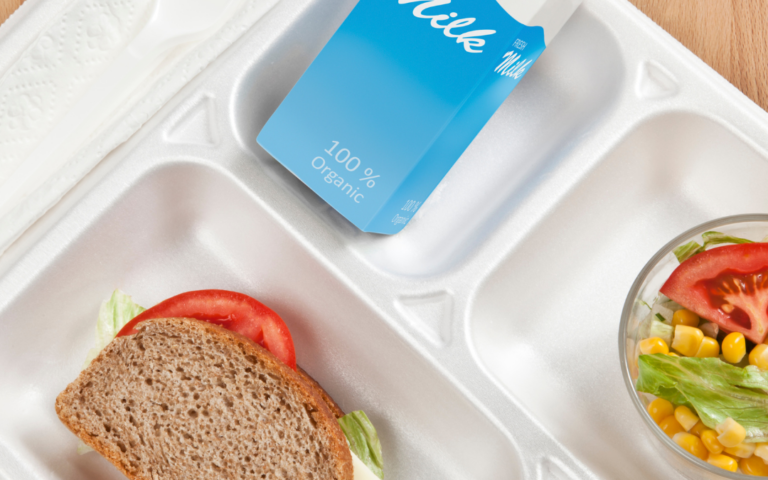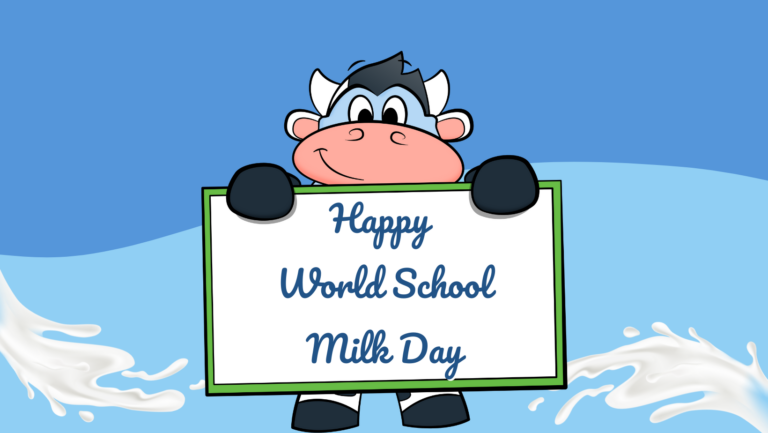School Food Standards: A Comprehensive Guide by Cool Milk
In the quest to provide children with the best start in life, nutrition plays a crucial role. The UK’s School Food Standards are designed to ensure that children receive balanced, nutritious meals during their school day. A significant component of these standards is the inclusion of milk, a vital source of calcium and other essential nutrients. At Cool Milk, we are committed to supporting schools and parents in navigating these standards, making nutritious milk available to every child. This blog will explore the importance of the School Food Standards, the role of milk in school nutrition, Cool Milk’s convenient payment schemes, and how parents can ensure their children benefit from free and subsidised milk programs.
Understanding the UK’s School Food Standards
The UK government introduced the School Food Standards to promote healthier eating habits among pupils. These standards outline the types of food and drink that should be provided to children in schools, ensuring they receive a balanced diet that supports their growth and learning. The guidelines emphasise the importance of fruits, vegetables, whole grains, and dairy products while limiting the intake of sugars, fats, and salt.
Key Components of the School Food Standards:
- Balanced Meals: Schools must provide balanced meals that include a variety of food groups.
- Nutritional Quality: Meals should meet specific nutritional requirements to ensure children get essential vitamins and minerals.
- Portion Control: Guidelines on portion sizes help prevent overeating and promote healthy eating habits.
- Beverage Guidelines: Schools must provide healthy drink options, with milk being a recommended beverage.
The Role of Milk in School Nutrition
Milk is a cornerstone of the School Food Standards, recognised for its numerous health benefits. It is a rich source of calcium, vitamin D, protein, and other essential nutrients that are crucial for children’s development.
Benefits of Milk for Children:
- Bone Health: Calcium and vitamin D in milk support strong bones and teeth.
- Growth: Protein in milk aids in muscle growth and repair.
- Energy: Milk provides a good balance of carbohydrates and fats, supplying energy for active children.
- Hydration: As a liquid, milk helps keep children hydrated throughout the day.
School Compliance with Food Standards
For schools to be compliant with the School Food Standards, they must integrate these guidelines into their meal planning and food service operations. This includes offering milk as part of the daily diet for children. Compliance ensures that children are not only receiving nutritious meals but also developing healthy eating habits that will benefit them throughout their lives.
Steps for School Compliance:
- Menu Planning: Incorporate a variety of food groups in daily menus, ensuring balanced meals.
- Training Staff: Educate school staff about the standards and their importance.
- Monitoring and Evaluation: Regularly assess meal offerings to ensure they meet the standards.
- Parent and Student Feedback: Engage with parents and pupils to gather feedback on meal options.
Cool Milk’s School Payment Scheme
At Cool Milk, we understand the administrative challenges schools face in implementing these standards. Our School Payment Scheme is designed to simplify the process of providing milk to pupils, ensuring that every child has access to this essential beverage.
Features of Cool Milk’s Payment Scheme:
- Availability: The School Food Standards mandate that lower-fat milk must be accessible for drinking at least once a day during school hours. We help schools meet this requirement by providing a consistent supply of milk, ensuring that every child has the opportunity to benefit from its nutritional value.
- Funding: Schools are required to fund milk for children entitled to benefits-based free school meals. (Schools may use the dedicated schools grant to fund the provision of milk for eligible pupils.) Cool Milk assists schools in managing these funding requirements efficiently, ensuring that all eligible children receive their milk without administrative hassles.
- Inclusive Access: To ensure your school is meeting these standards effectively, it’s essential to open up your milk scheme to all children in attendance. This not only aligns with the School Food Standards but also promotes inclusivity and equal access to nutrition for all pupils.
- Streamlined Process: Cool Milk takes care of the entire process, from managing payments to ensuring timely delivery. This maintains a simple and hassle-free scheme for schools and parents alike. By handling these administrative aspects directly, we allow schools to focus more on educating and nurturing their students.
Parent Awareness of Free and Subsidised School Milk
Raising parent awareness about the availability of free and subsidised school milk is crucial. Many parents may not be aware of these programs or how to access them. At Cool Milk, we strive to bridge this information gap and ensure every parent knows about the benefits and availability of school milk.
How Schools Can Inform Parents:
- Information Sessions: Host sessions at school to educate parents about the benefits of milk and available programs.
- Flyers and Brochures: Distribute informative materials, provided by Cool Milk, through school communication (eg. newsletters, emails, school app, parents evenings, coffee mornings).
- School Websites: Ensure that school websites have up-to-date information about the milk program.
- Social Media Campaigns: Utilise social media to reach a broader audience of parents.

Ensuring Your Child’s School Offers Milk
Parents play a vital role in ensuring their child’s school offers milk. By staying informed and proactive, parents can advocate for better nutrition in schools.
Steps for Parents:
- Inquire: Ask your child’s school if they participate in the Cool Milk program or other milk provision schemes.
- Advocate: If the school does not offer milk, advocate for its inclusion by speaking with school administrators and attending PTA meetings.
- Participate: Get involved in school nutrition committees or boards to influence decision-making.
- Spread Awareness: Share information with other parents about the importance of milk in school nutrition and the availability of free and subsidised programs.
The UK’s School Food Standards are essential in promoting healthier eating habits among children. Milk, as a vital part of these standards, offers numerous health benefits that support children’s growth and development. At Cool Milk, we are dedicated to making milk accessible to every child through our convenient school milk schemes and by raising awareness among parents. By working together, we can ensure that all children have the opportunity to benefit from nutritious school meals and develop healthy eating habits that will last a lifetime.
For more information about Cool Milk and our programs, contact us today.





